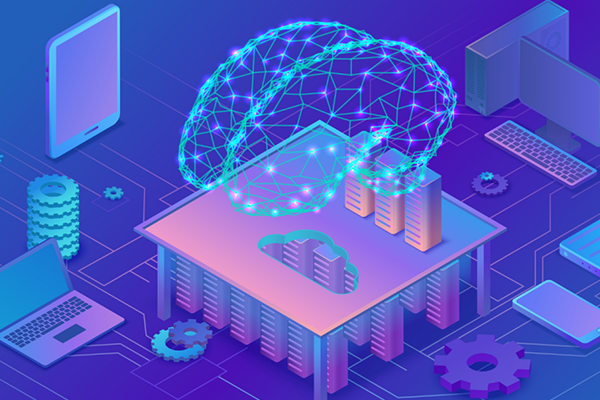Artificial Intelligence (AI) has been one of the most transformative technologies of the 21st century. From virtual assistants like Siri and Alexa to self-driving cars and advanced medical diagnostics, AI is rapidly changing the way we live and work. As we look ahead, it’s essential to understand the trends and predictions that will shape the future of AI.
AI in Healthcare
The healthcare sector is poised for a significant AI revolution. Machine learning algorithms are already being used to assist doctors in diagnosing diseases, and AI-driven robots are being developed to perform surgeries with precision. In the future, we can expect AI to drive personalized medicine, drug discovery, and more efficient patient care.
Autonomous Vehicles
Self-driving cars and autonomous transportation are on the horizon. Companies like Tesla and Waymo are pushing the boundaries of AI to create vehicles that can navigate without human intervention. This trend will not only change how we commute but also have far-reaching implications for the logistics and transportation industries.
Natural Language Processing (NLP)
NLP is making it possible for machines to understand and respond to human language. This technology is at the heart of virtual assistants, chatbots, and language translation tools. In the future, we can expect even more advanced NLP systems that can carry on more nuanced and context-aware conversations.
AI in Education
AI has the potential to personalize education, making learning more accessible and effective. AI-driven tutors and adaptive learning platforms can tailor educational content to the specific needs of individual students, helping them learn at their own pace.
AI in Cybersecurity
With the increasing number of cyber threats, AI is becoming a critical tool in identifying and preventing cyberattacks. AI can analyze vast amounts of data to detect anomalies and potential security breaches, helping organizations stay one step ahead of cyber criminals.
AI and Ethics
As AI becomes more integrated into our daily lives, ethical concerns are rising. Issues like bias in AI algorithms and the impact of AI on jobs and privacy will become central topics of discussion. Policymakers, businesses, and researchers will need to address these challenges to ensure AI is used responsibly.
AI in Creativity
AI is increasingly being used in creative fields, from generating art and music to helping writers with content generation. In the future, AI could collaborate with artists and creators to enhance their work or even create entirely new forms of art.
AI and Climate Change
AI can play a vital role in addressing climate change. From optimizing energy consumption to predicting natural disasters, AI can help us make more informed decisions to combat environmental challenges.
Predictions for the Future:
While it’s challenging to predict the future of AI with absolute certainty, it’s clear that AI will continue to evolve and permeate every aspect of our lives. Some predictions include:
-
More Human-Machine Collaboration: The future of AI will involve a closer partnership between humans and machines, with AI augmenting human abilities rather than replacing them.
-
AI as a Service: AI will become more accessible through cloud-based AI platforms, enabling businesses of all sizes to leverage AI technologies.
-
AI Regulation: Governments and international bodies will develop regulations and ethical frameworks to govern the use of AI, ensuring its responsible and fair deployment.
-
AI Super intelligence: Some experts predict the possibility of AI systems reaching super intelligence, but this also raises concerns and debates around control and ethics.
-
AI-Enhanced Healthcare: AI will be instrumental in early disease detection, drug development, and personalized healthcare, improving patient outcomes.
In conclusion, the future of AI is incredibly promising and exciting, but it also comes with significant challenges. As we move forward, it’s crucial to embrace AI’s potential while addressing the ethical, regulatory, and social implications to ensure that AI benefits society as a whole.
As we stand at the intersection of technological advancement and ethical considerations, the choices we make will shape the trajectory of AI’s future impact on our world. The potential for AI to enhance our lives is vast, and by staying informed and engaging in responsible AI development, we can ensure a positive future for this transformative technology.


